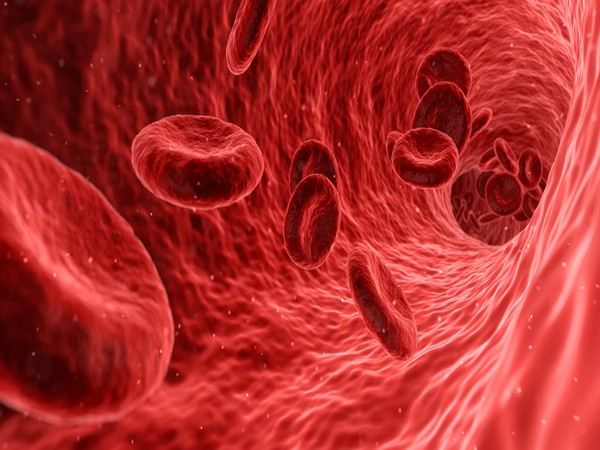Efficacy, safety of oral drug for anemia treatment associated with kidney disease
During a recent study, pooled results from recent clinical trials indicated roxadustat, an oral drug, is an effective treatment for anemia in patients with chronic kidney disease, who do not require dialysis.

- Country:
- United States
During a recent study, pooled results from recent clinical trials indicated roxadustat, an oral drug, is an effective treatment for anemia in patients with chronic kidney disease, who do not require dialysis. The results were published in an upcoming issue of CJASN.
Many individuals with kidney dysfunction develop anemia, or a shortage of healthy red blood cells that carry oxygen to the body's tissues. Some treatments for anaemia are linked with serious cardiovascular side effects, but a new class of oral drugs called hypoxia-inducible factor-prolyl hydroxylase inhibitors may be comparable to placebo in these trials.
These drugs act on the pathway involved in the production of erythropoietin that stimulates red blood cell formation. To evaluate the efficacy and cardiovascular safety of one such inhibitor--called roxadustat--Robert Provenzano, MD (Wayne State University School of Medicine) and his colleagues analyzed data pooled from three phase 3 studies of roxadustat in patients with chronic kidney disease and anemia.
In total, 2,391 patients received roxadustat and 1,886 received a placebo. Roxadustat treatment boosted levels of haemoglobin (the protein in red blood cells responsible for transporting oxygen): roxadustat- vs. placebo-treated patients showed an average change in haemoglobin averaged over weeks 28 to 52 of 1.9 vs. 0.1 g/dL. Roxadustat also reduced the need for red blood cell transfusions in the first 52 weeks, and there were no increased risks of mortality, heart attacks, strokes linked to the drug. "Roxadustat was shown to be effective, with an acceptable safety profile," said Dr Provenzano. "As an oral agent, roxadustat addresses the significant unmet need in treating anemia in patients with kidney disease."
Study co-authors included Lynda Szczech, MD, Robert Leong, MD, Khalil Saikali, MD, Ming Zhong, PhD, Tyson T. Lee, PhD, Dustin J. Little, MD, Mark T, Houser, MD, Lars Frison, PhD, John Houghton, and Thomas B. Neff, MD. (ANI)
(This story has not been edited by Devdiscourse staff and is auto-generated from a syndicated feed.)










